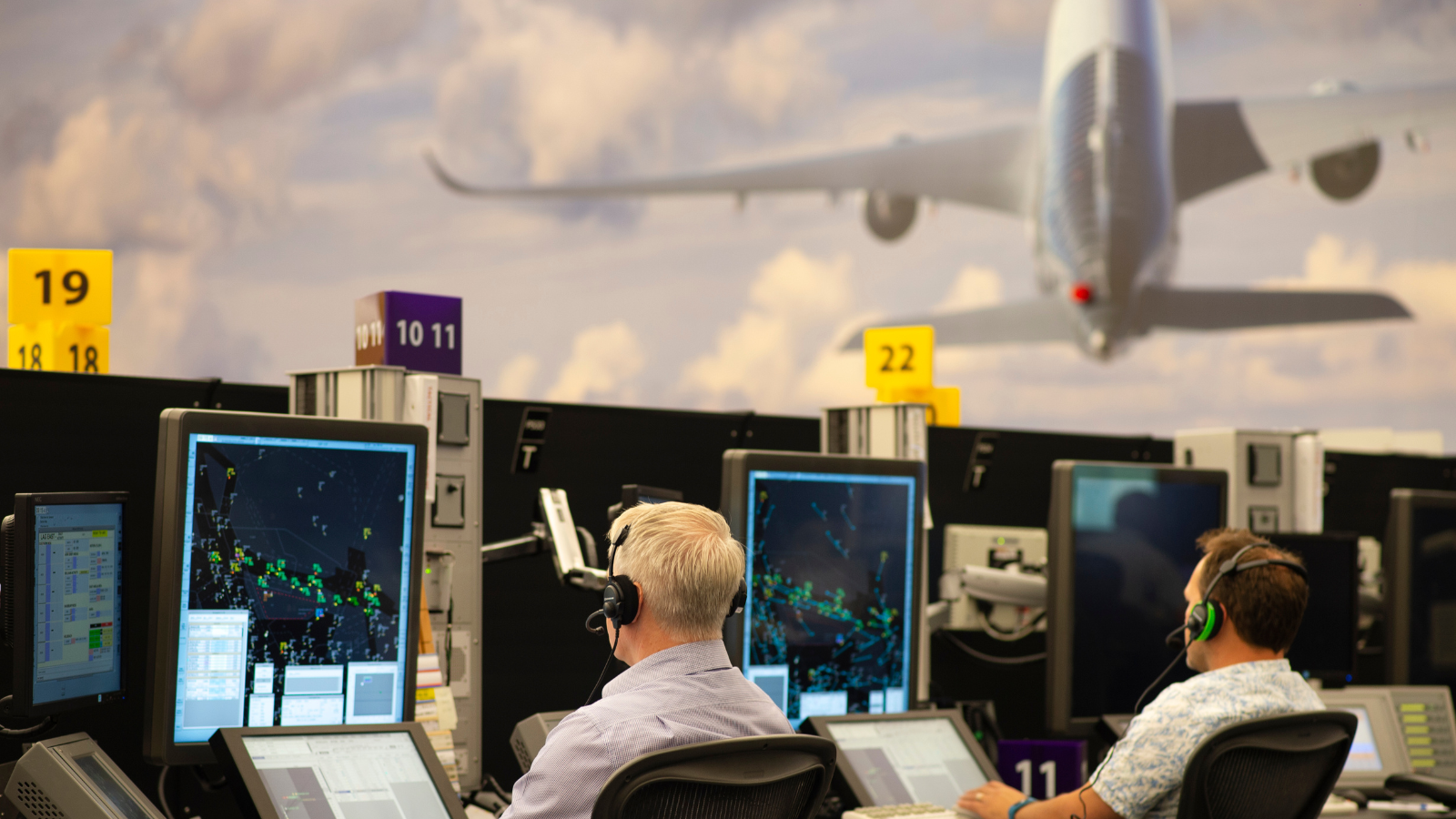
-
Following NATS’ submission of its preliminary technical report into the reasons for the failure, the regulator is to independently review the incident.
-
Review will consider issues around system failure and NATS’ response.
-
The UK Civil Aviation Authority shared NATS’ initial findings with the Secretary of State for Transport and Aviation Minister.
The UK Civil Aviation Authority is to launch an independent review into the technical issue NATS faced on Monday 28 August that saw hundreds of flights delayed and cancelled.
NATS’ preliminary technical report sets out the causes of the issue and actions taken to rectify and mitigate the effects. It found the incident occurred due to an anomaly that forced the system to stop processing flight plans. The system was closed to maintain safety and required manual operation to continue service.
The UK Civil Aviation Authority will now independently review the wider issues around the system failure and how NATS responded to the incident.
If there is evidence that suggests NATS may have breached its statutory and licensing obligations, the UK Civil Aviation Authority will take any appropriate steps.
The review will also set out lessons to be learned for the future for the benefit of consumers and the industry.
Rob Bishton, Joint-Interim Chief Executive at the UK Civil Aviation Authority, said:
“Millions of passengers every year rely on air traffic control to work smoothly and safely.
“The initial report by NATS raises several important questions and as the regulator we want to make sure these are answered for passengers and industry.
“If there is evidence to suggest NATS may have breached its statutory and licensing obligations we will consider whether any further action is necessary.”
The scale of the disruption that followed was significant and meant some passengers faced long delays, in some cases, waiting several days for alternative flights.
Airlines worked around the clock, putting on extra capacity to resolve the issue. Airlines have obligations to look after their passengers in these circumstances and bring them home as soon as possible.
NATS shared its preliminary technical report on the failure with the UK Civil Aviation Authority on Monday (4 September) and the regulator sent it to the Secretary of State for Transport, Mark Harper and Aviation Minister, Baroness Vere outlining its next steps.
Details of the independent review will be published by the end of September 2023.
NOTES TO EDITOR
- The UK Civil Aviation Authority is the UK’s independent aviation and aerospace regulator. We work so that the aviation industry meets the highest safety standards and consumers have choice, and value for money, and are protected and treated fairly when they fly.
- NATS' Preliminary Report and the UK Civil Aviation Authority's letter to the Secretary of State for Transport can be found on the Civil Aviation Authority website.
- Our review will draw on relevant expertise to ensure the findings are transparent and robust, consider whether any further action is necessary, and review further technical assessments from NATS.
- NATS’ main purpose is to deliver a safe air traffic control system in the UK. Among other things, NATS must also take all reasonable steps to secure that the demand for air traffic services is met.
- We engaged with airlines, NATS and the Government to make sure airlines were reminded of their duties of looking after passengers and urged that clear and accurate communication was provided. We also spoke with airlines to rectify incorrect information being provided to passengers.
News from UK Civil Aviation Authority
- UK Civil Aviation Authority and Ministry of Defence join forces to build pathway into civil aviation for military personnel
- Regulator’s accessibility assistance report highlights progress made by most UK airports but finds three airports need improvement
- Groundbreaking roadmap for aircraft of the future released

